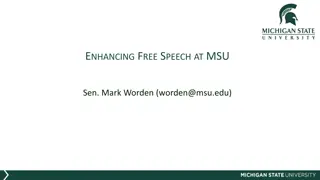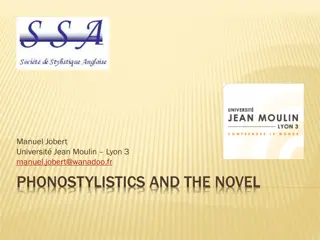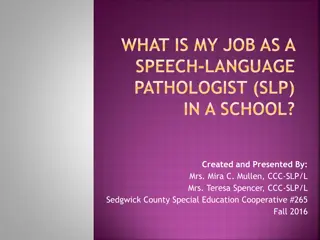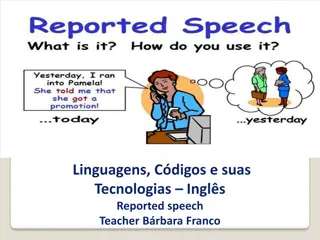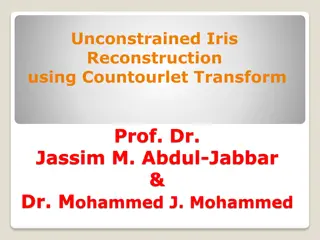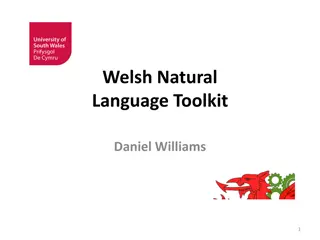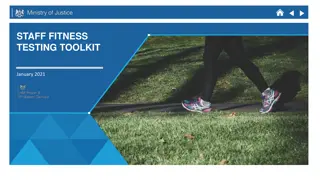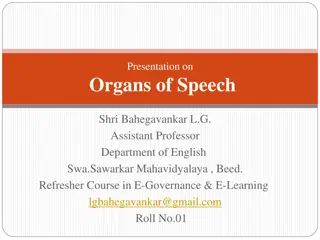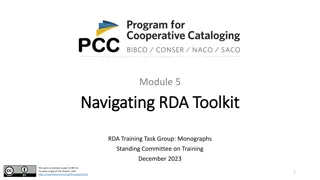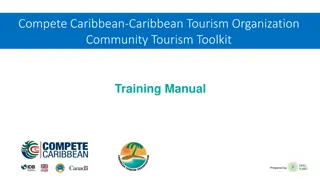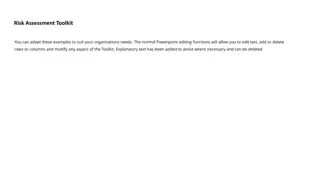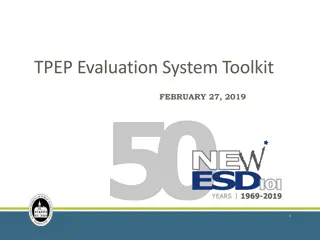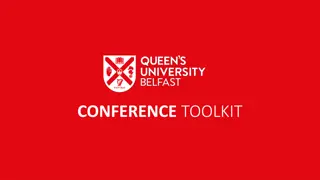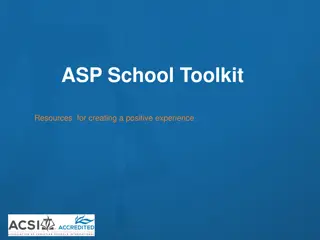Understanding Kaldi: A Comprehensive Speech Recognition Toolkit
Kaldi is an open-source toolkit for speech recognition with important features such as integration with Finite State Transducers, extensive linear algebra support, extensible design, and complete recipes. It supports feature extraction, acoustic modeling, phonetic decision trees, language modeling, and decoders in C++ class. Data resource management involves speech preparation tasks like cleaning and training with various datasets. The overview covers data preparation steps and directory organization, while language features are prepared using specific scripts.
Download Presentation

Please find below an Image/Link to download the presentation.
The content on the website is provided AS IS for your information and personal use only. It may not be sold, licensed, or shared on other websites without obtaining consent from the author. Download presentation by click this link. If you encounter any issues during the download, it is possible that the publisher has removed the file from their server.
E N D
Presentation Transcript
Kaldi Andreson Guimaraes Moura Jonatas Macedo Soares
What is Kaldi Open-source toolkit for speech recognition Important Features Integration with Finite State Transducers Extensive linear algebra support Extensible design Complete recipes The toolkit supports: Feature Extraction mfcc, plp, cmvn Acoustic Modeling Conventional models (gmm, sgmm) Phonetic Decision Trees Efficient for arbitrary context sizes Language Modeling Any language model that can be represented as an FST Decoders C++ class that implements the core decoding algorithm
Data Resource Management Clean speech in a medium-vocabulary task consisting of commands to a (presumably imaginary) computer system. About 3 hours of training data TIDigits Men, women, boys and girls reading digit strings of varying lengths Sampled at 20 kHz
Overview Run.sh Data preparation: Data directory Lang directory Feature extraction: steps/make_mfcc.sh --nj 8 --cmd "run.pl" data/train exp/make_feat/train/ mfcc Monophone training
Data preparation local/rm_data_prep.sh /data/isip/data/rm/LDC1993S3A/package/rm_comp/ local : Contains the dictionary for the current data. train : The data segmented from the corpora for training purposes. test_* : The data segmented from the corpora for testing purposes.
Data directory cmvn.scp feats.scp reco2file_and_channel segments <utterance-id> <recording-id> <segment-begin> <segment-end> spk2utt text <recording-id> <extended-filename> Contains the transcriptions of each utterance utt2spk <utterance-id> <speaker-id> wav.scp
Lang utils/prepare_lang.sh data/local/dict '!SIL' data/local/lang data/lang data/local/dict extra_questions.txt lexicon.txt nonsilence_phones.txt optional_silence.txt silence_phones.txt
Lang directory L.fst L_disambig.fst oov.int oov.txt phones/ phones.txt topo words.txt
G.fst local/rm_prepare_grammar.sh
Monophone training run steps/train_mono.sh --nj 4 --cmd "run.pl" data/train data/lang exp/mono utils/mkgraph.sh --mono data/lang exp/mono exp/mono/graph steps/decode.sh --config conf/decode.config --nj 20 --cmd "run.pl" exp/mono/graph data/test exp/mono/decode
Results Results on RM Kaldi documentation: %WER 8.74 [ 1095 / 12533, 143 ins, 226 del, 726 sub ] exp/mono/decode/wer_2 Amir's result on Owlsnest Our result on Owlsnest Our result on the computer %WER 8.73 [ 1094 / 12533, 109 ins, 321 del, 664 sub ] exp/mono/decode/wer_3_3.5 %WER 8.73 [ 1094 / 12533, 109 ins, 321 del, 664 sub ] exp/mono/decode/wer_3_3.5 %WER 8.77 [ 1099 / 12533, 164 ins, 237 del, 698 sub ] exp/mono/decode/wer_3_0.0 Results on TIDigits Amir s result Our result %WER 0.37 [ 4 / 1084, 2 ins, 2 del, 0 sub ] exp/mono/decode/wer_7_0.0 %WER 0.37 [ 4 / 1084, 2 ins, 2 del, 0 sub ] exp/mono/decode/wer_7_0.0
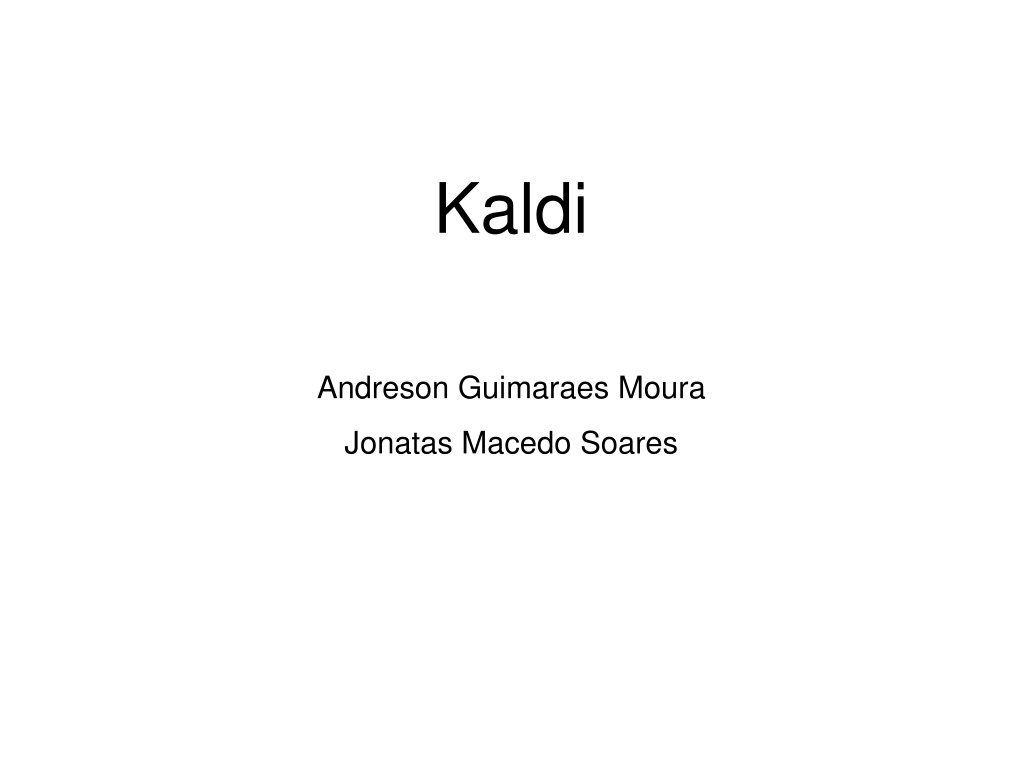


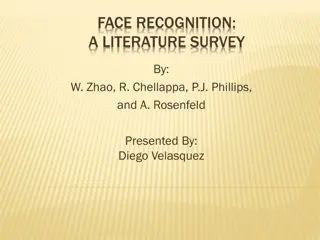
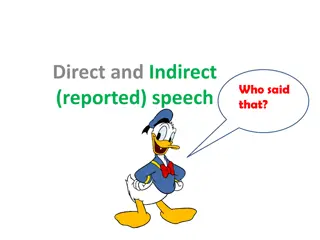
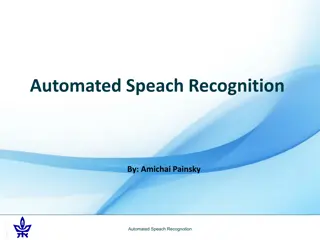

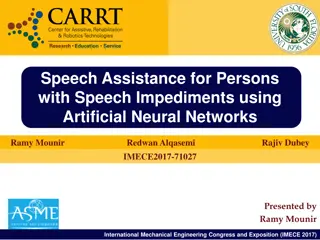
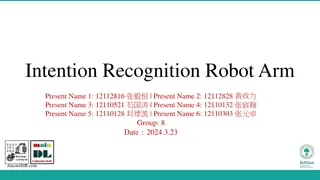



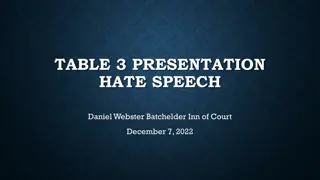

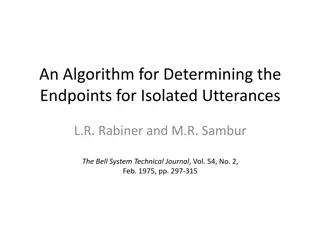
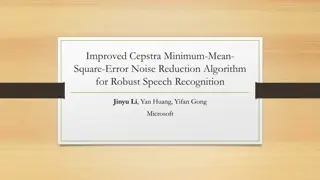

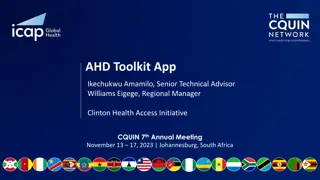

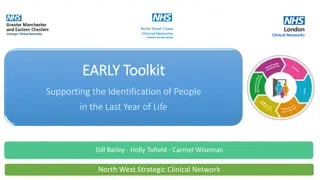
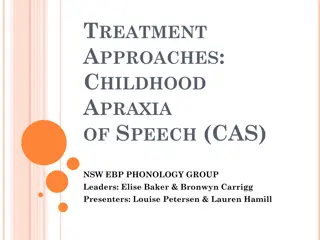
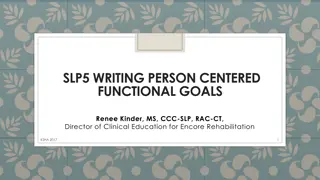
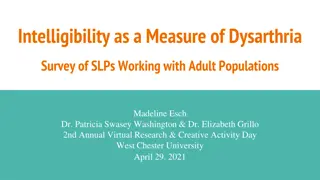
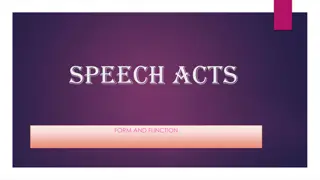
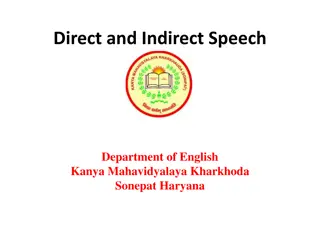
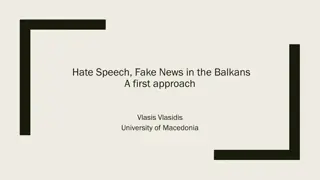

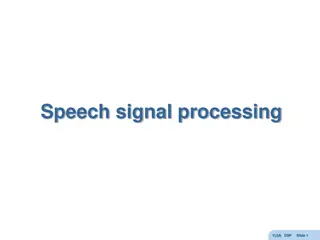

![Prevention and Combating of Hate Crimes and Hate Speech Bill [B.9B.2018]](/thumb/60513/prevention-and-combating-of-hate-crimes-and-hate-speech-bill-b-9b-2018.jpg)

